Misuse of the death penalty in Afghanistan
by Amin Wahidi
Recently Afghans witnessed that fifteen human beings were executed after being tried by the judicial authorities of Afghanistan. Among those fifteen, some were accused to be murderers, some drug traffickers and some kidnappers who all faced the extreme penalty, death by hanging. This was shocking news for a young Afghanistan that practices democracy as a herald for peace, fairness and justice and for which it has the support of international community.
Since the collapse of the pro-communist government and empowerment of the Mujahedeen in 1991 there has been chaos throughout Afghanistan. The government became an Islamic state and the courts had to operate based on Sharia (the Islamic law), but there was not an appropriate court where a person could address his legal problem and find justice. Like in the jungle, the wealthiest and most powerful were the law.
As a result, when people face a serious legal problem, they do not know where to turn. They do not see that a court can solve their problem through a fair legal process.
In the chaos of the civil war, every Jihadi commander had his private court (which was his commandant station) and his guns and soldiers were the executive force and tool to enforce his decisions. Many people were jailed, tried, tortured, and even killed but there was nowhere to complain about it and no one could dare to discuss or object to it. For several years it was like this and a generation grew up with no rule of law and no justice in the country.
The point here is whether the sentence for the recently executed people was fair. Many people believe that our judicial branch, from primary to the Supreme Court are corrupt with bribery, bias, and influence by warlords.
People believe that if the government really wants to bring justice to Afghanistan, it must start the huge process of investigating and prosecuting those whose hands are contaminated by innocent people’s blood. Many people are still suspected of committing serious crimes against humanity, or of betraying the national interest. They need to face justice, but that does not happen because of their relationships with senior government officials, cabinet members, or former Jihadi leaders.
Many Taliban have committed crimes such as beating and stoning innocent or raped women. Innocent people including women were massacred, and many more crimes were committed when they were in power. But they are still free, enjoying their life as if they have done nothing wrong at all, only because they are from a particular area or particular province.
This essay is not to defend criminals who have committed serious crimes and faced the death penalty. I only ask for general for transparency in the trials of accused persons, so that in punishment there will not be discrimination.
I am concerned that there is not clarity and transparency in the trials of the criminals or people accused of a crime. When the government, acting officially or not, misuses the death penalty as a tool against political opposition, free media activists and whoever observes and criticizes misdeeds of the administration, this is a problem.
Iran and China are famous worldwide for using the death penalty of hanging for opposition or anti- government political activists in their country. Afghanistan must not join them in this.
War criminals and present and former Taliban commanders are forgiven or exempted from any kind of prosecution. They are welcomed to get their share of power in the government, but poor, petty criminals who have broken the law for reasons of poverty, hunger, unemployment or mental disorder face the extreme penalty.
The USA, the biggest supporter for Afghanistan, still has the death penalty in some States. Even there, the fairness of the death penalty is questioned by many. Most countries supporting Afghanistan (primarily European) have completely removed the death penalty.
Afghanistan should remove the death penalty and join the progressive international community, because it is so unfairly handed out as a political tool, not as punishment for crimes. But it doesn’t seem this will occur soon, since the president’s spokesperson recently announced that executions will continue in our country.
editorial assistance from Robert Maier
Subscribe to:
Post Comments (Atom)






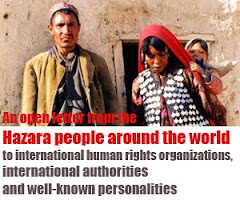


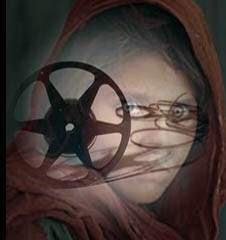
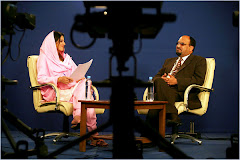



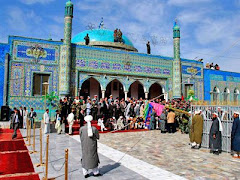
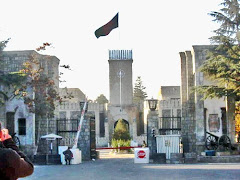
Dear Mohammad Amin Wahidi,
ReplyDeleteI find your article very interesting, but was just wondering if you could clarify your views on the death penalty. Earlier in the article you stated that you were not trying to defend criminals who have committed serious crimes and have faced the death penalty, and later you stated that the death penalty should be removed in Afganistan. Do you believe that the death penalty is wrong, or that it is the correct form of punishment in certain extreme circumstances, but as this punishment is misused in the Supreme Court it should not be allowed?
Regards,
Charlotte Ross